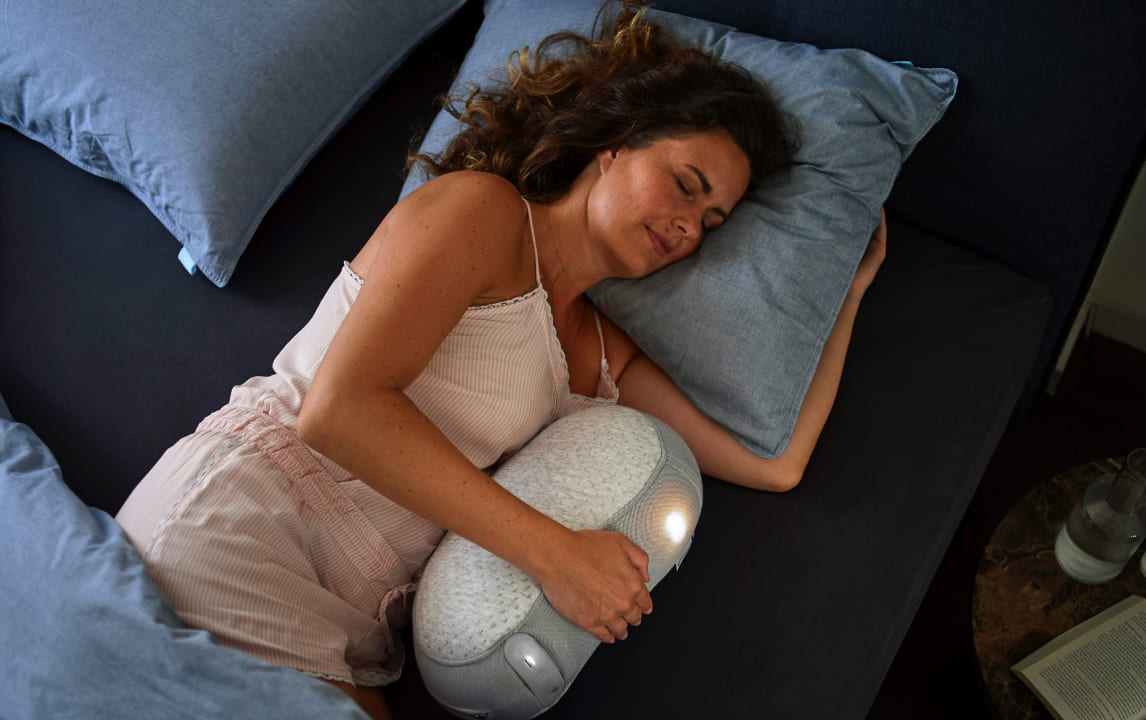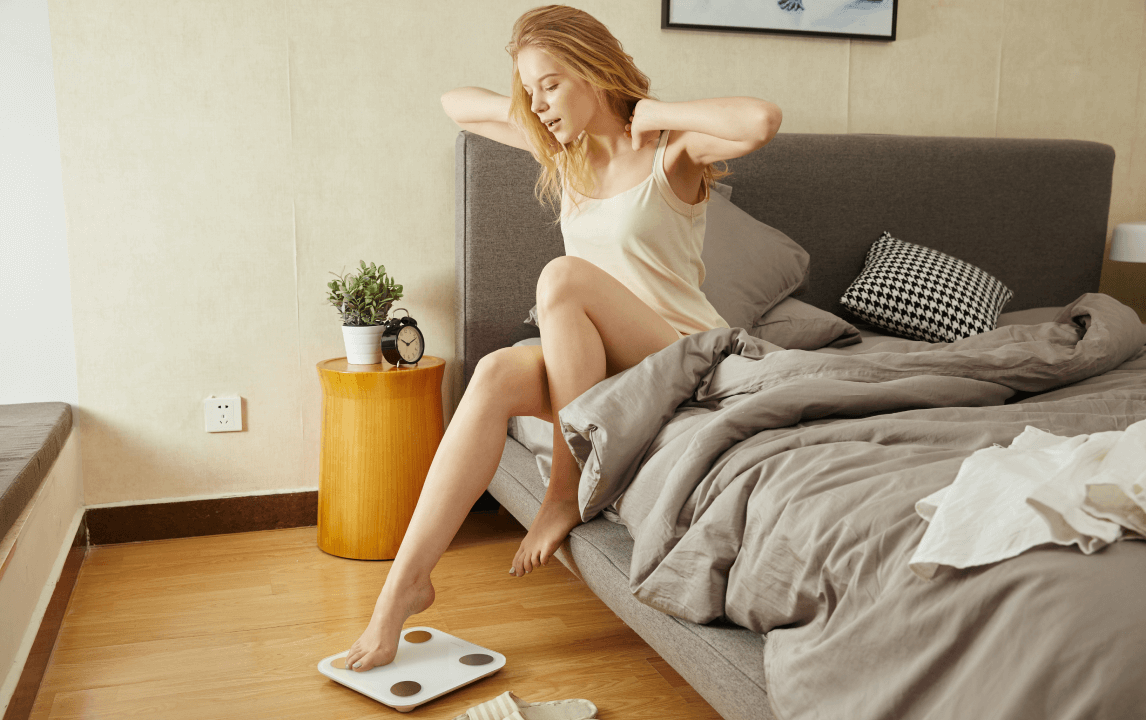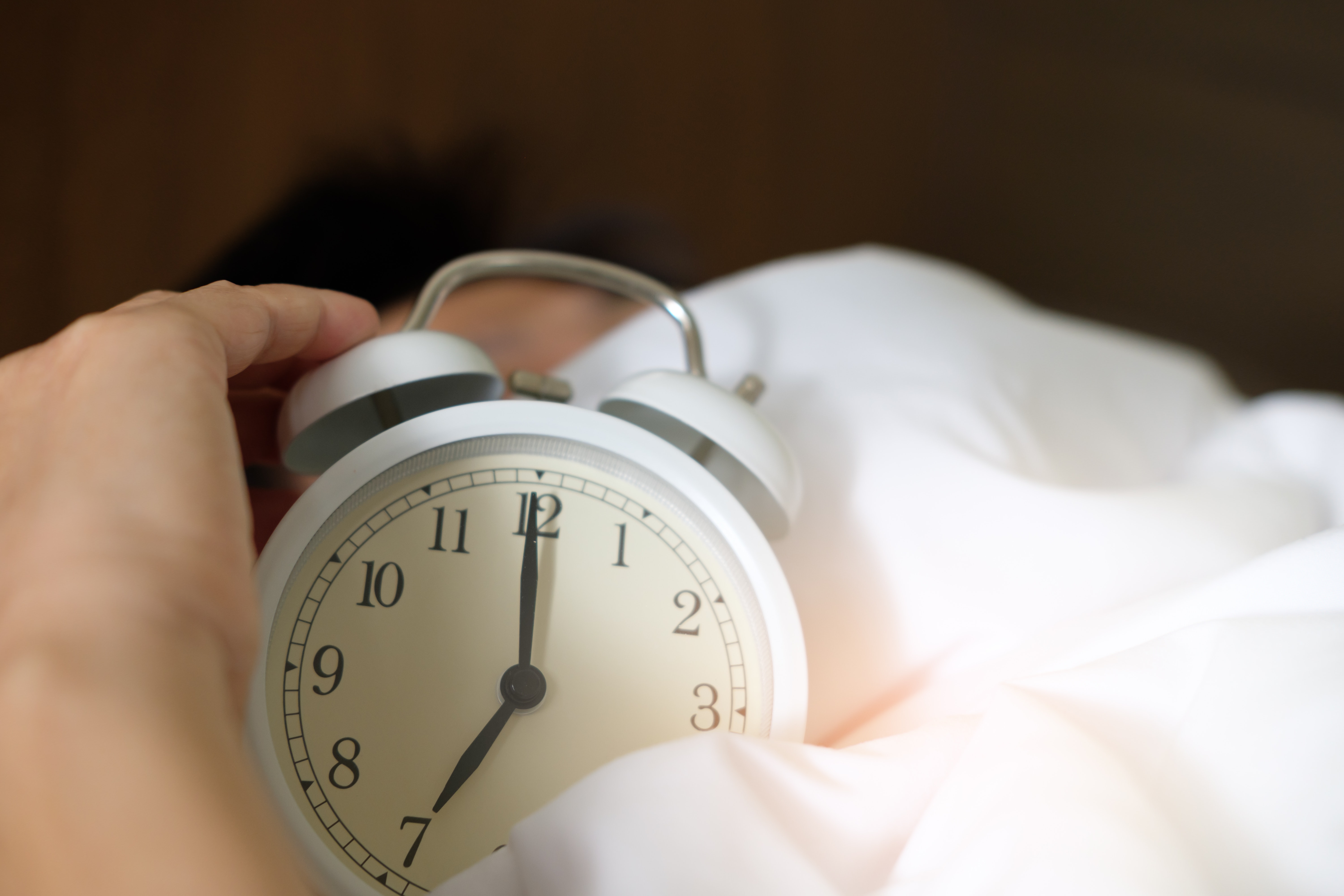Grinding teeth in sleep is a condition where people clench, gnash or grind teeth. It’s categorized as a sleep-related movement disorder, so how to stop grinding teeth in sleep naturally? And if you have it, you’re most likely have other sleep disorders.
It’s estimated more than 1 in 10 people have the condition. And since it happens at night, most adults with the disorder are unaware. It’s until the complication develops that you’ll be aware.

What Are the Signs of Grinding Teeth?
If you have grinding teeth, you may unconsciously clench your teeth when you are awake, or unconsciously clench or grind your teeth when you are asleep. Signs of grinding teeth may include:
- Teeth grinding or clenching
- Increased tooth pain or sensitivity
- Dull headaches and earaches
- Tired of stiff jaw muscles
- Loose or chipped tooth
- Chewing damage on the inside of cheek
- Sleep disruption
If you have any of the signs listed above, or have other concerns about your teeth or jaw, you may need to seek medical help.
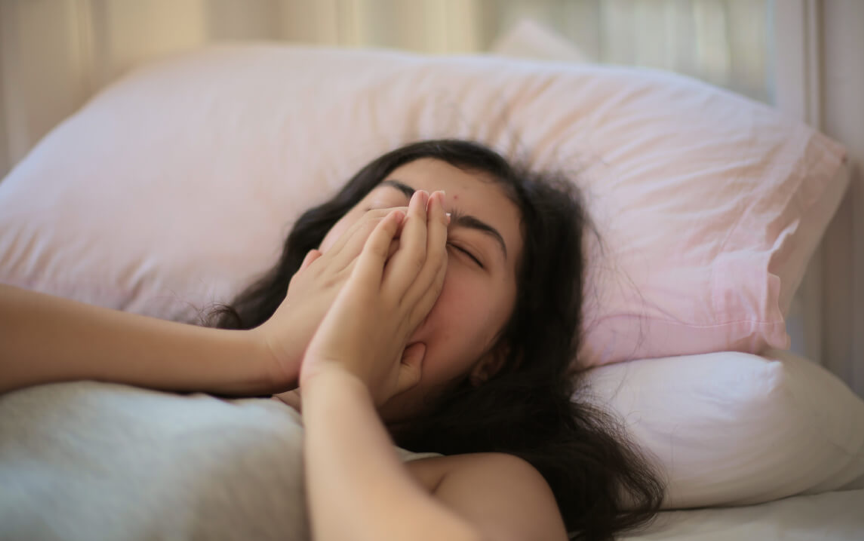
Common Causes of Grinding Teeth in Sleep
Stress – Grinding teeth is associated with high levels of stress or anxiety, as well as anger and frustration.
Genes – Recent studies show grinding teeth has a genetic component. If you’ve sleep bruxism, it’s more likely it runs in your family.
Age – The disorder is more common in children than adults. However, it goes away with time.
Personality type – Having a personality type that’s aggressive, competitive or hyperactive can increase the risk of grinding.
Certain medications – Grinding can be a side effect for a specific a class of drugs known as selective serotonin reuptake inhibitors (SSRIs) like Prozac, Effexor, Paxil, Zoloft, and Celexa.
Other disorders – Grinding teeth can be associated with a number of mental health and medical disorders, such as Parkinson’s disease, dementia, gastroesophageal reflux disorder, epilepsy, night terrors, sleep apnea and ADHD.
Lifestyle – If it’s not genetic or stress-causing, teeth grinding can also relate to irregular sleeping pattern. A wrong sleeping position can also make it get worse.
How to Stop Grinding Teeth in Sleep Naturally?
Grinding teeth in sleep can cause serious problems for your teeth. So how to stop grinding teeth in sleep naturally? It depends on the extent of the damage caused before diagnosis. There are several ways to relieve nighttime grinding teeth.
1. Use nighttime mouth guard
Use a mouth splint or guard. These device reduces the sensation of teeth grinding. Regular grinding wears away enamel and makes teeth more prone to decay. Sleep with a mouthguard to protect your teeth. Wearing braces every night is one of the best ways to combat bruxism.
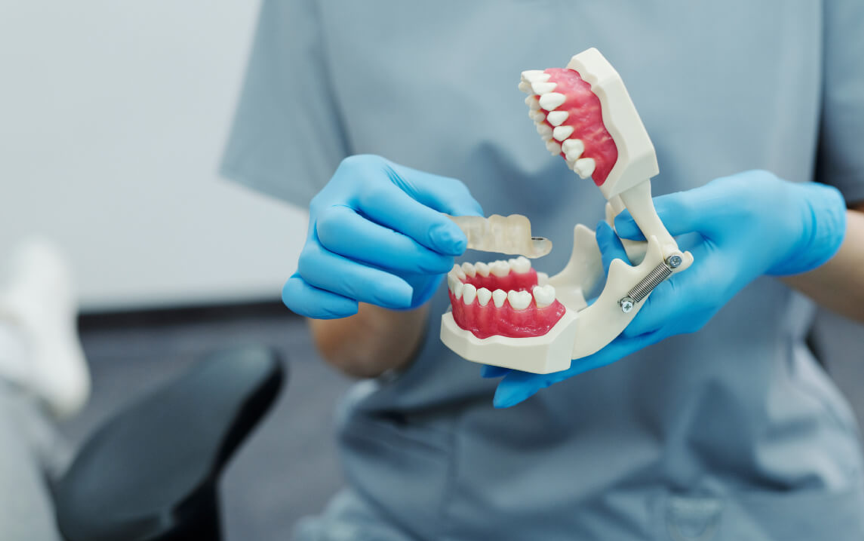
2. Start exercising
Grinding teeth is usually caused by stress, and bruxism manifests as tension. If stress is the root cause, try exercising. Exercise will help you get rid of stress. When stress is under control, symptoms of grinding teeth can be relieved.
3. Treat associated sleep disorders
Even if your teeth grinding runs through generations or becomes irreversible due to aging, a change of other sleeping issues can also help you relieve it. For example, if you also have sleep apnea, managing it may improve your bruxism.
4. Change of medication
If certain medications cause grinding teeth, have your doctor prescribe alternative drugs. Muscle relaxants and Botox injections will also help with severe buxism. However, your doctor should suggest it for you.

5. Massage jaw muscles
Relax your face and massage your jaw muscles. Rubbing releases tension that builds up throughout the day. Ask your dentist to show you a proper jaw and mouth position. Then practice maintaining that position. Also ask your doctor’s advise about changing your sleeping position if that’s the matter.
6. Avoid excessive chewing
Practicing mindfulness a few times a day can help you relax and make anxiety go away. Foods like steak, popcorn and toffee require a lot of chewing and can further wear down your jaw. Stop chewing gum all day because it makes your jaw clench.
7. Relax before bed
Before you go to bed, all the tension in your jaw needs to be relaxed. Try relaxation techniques such as taking a hot bath before bed, applying a heating pad or wet towel to your chin, or drinking herbs.
Conclusion
Many people don’t even realize they grind their teeth because they grind them at night while they sleep. Grinding teeth in sleep is manageable, if you’re not sure if you have grinding teeth, the best way to be sure is to see a doctor and get diagnosed.


